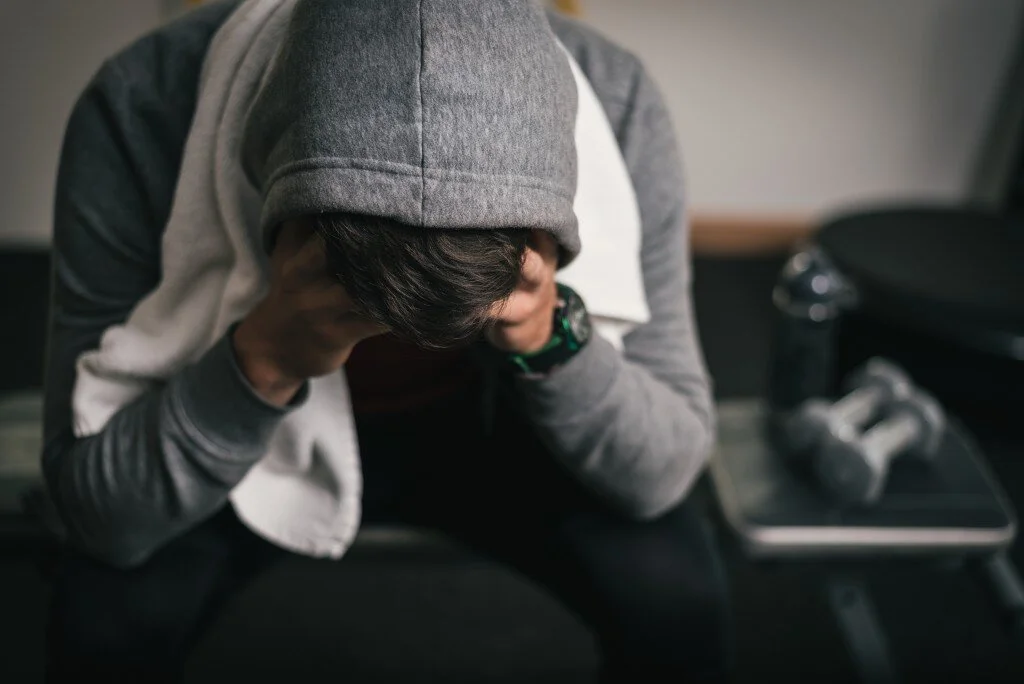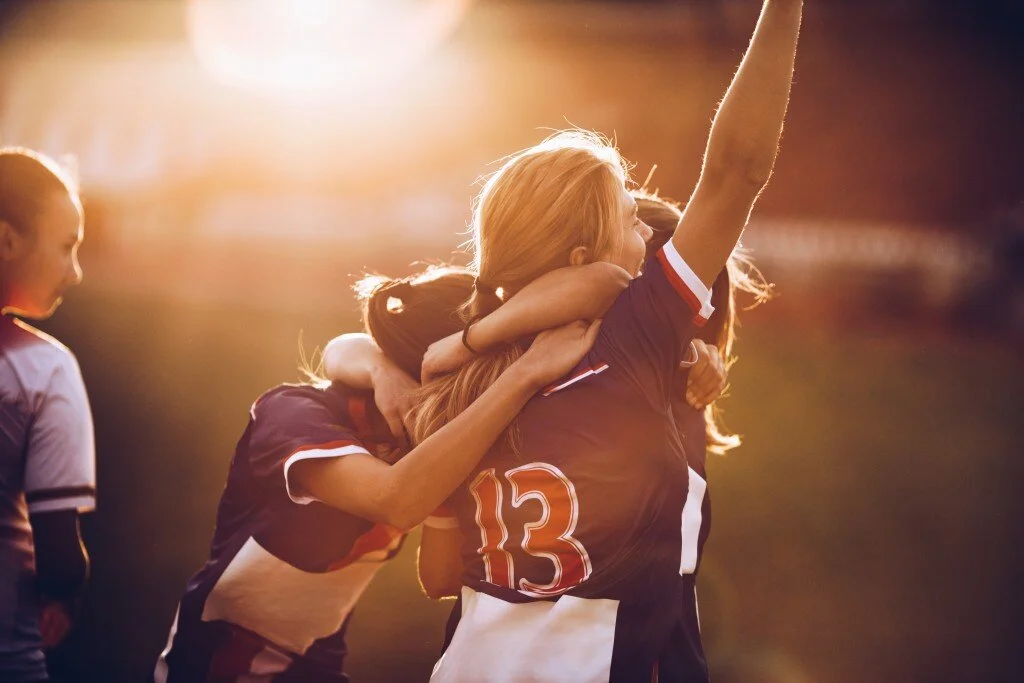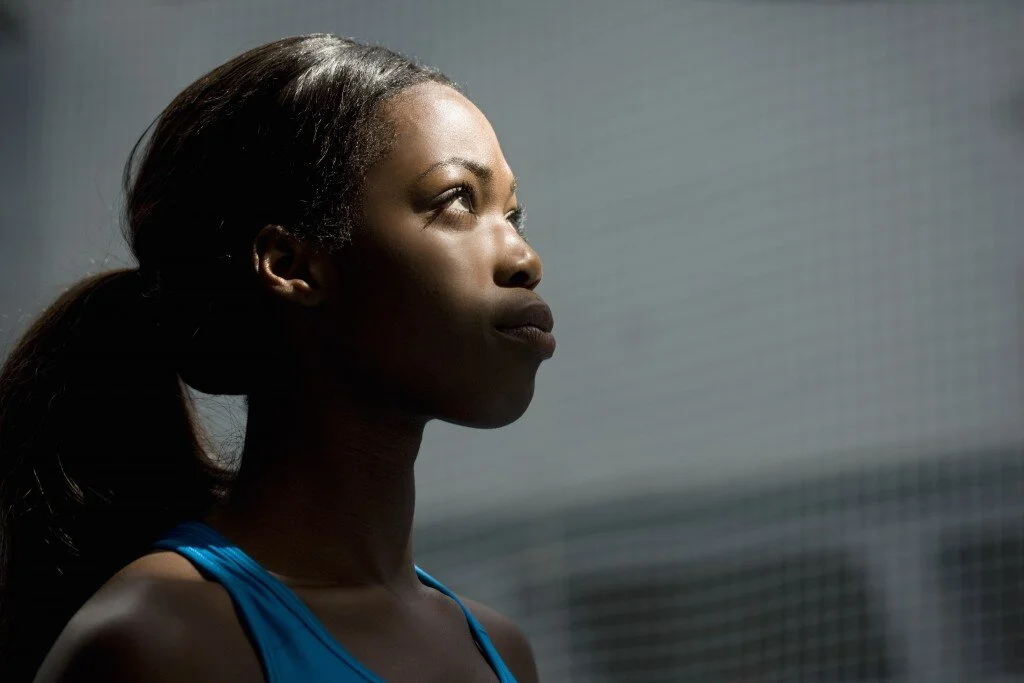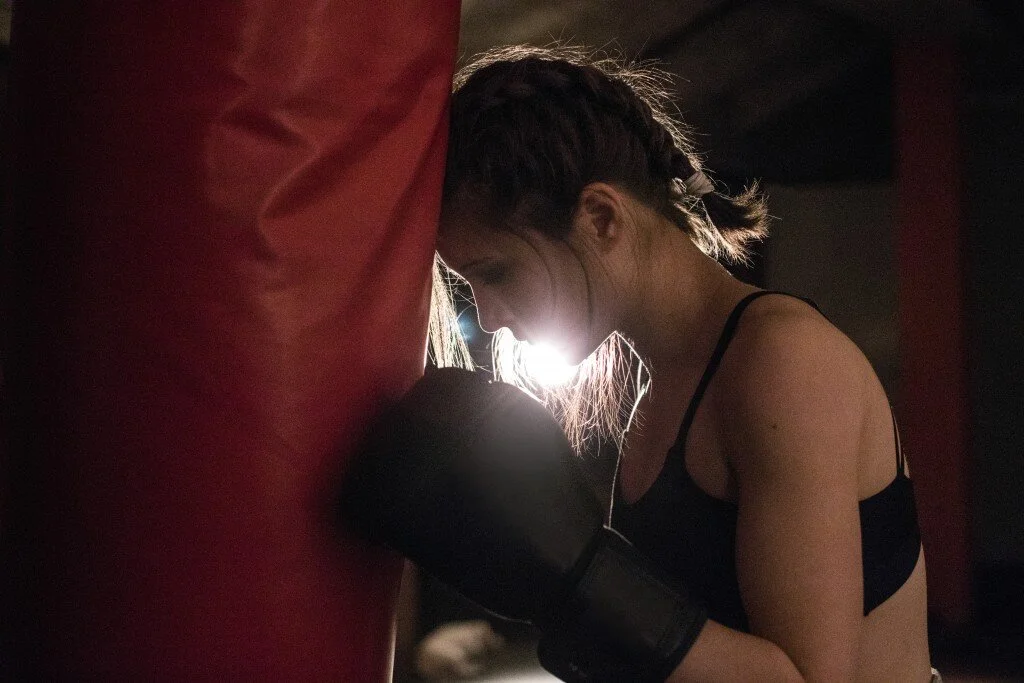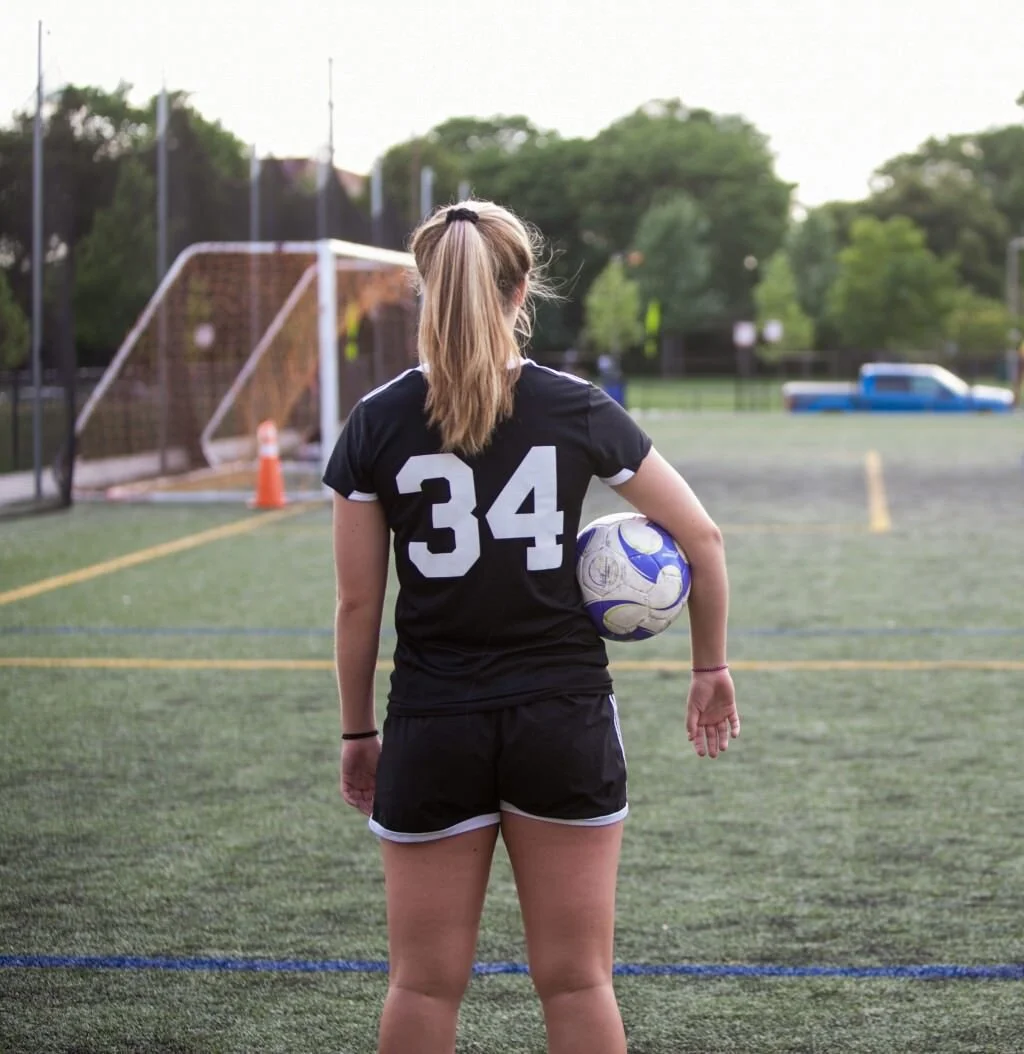As a former sidelined athlete I can tell you that guilt and shame were very specific feelings I experienced when I medically-retired. At the time, I really didn’t feel like I had the right to grieve and I was ashamed of how depressed I had become. I didn’t realize that it was normal - more importantly - that it was OKAY to be mourning the end of my athletic career. Changing the narrative starts with understanding where the guilt and shame behind medical retirement comes from.
An athlete’s natural mindset in performing is to overcome and defeat opponents. To win. But what happens when you can’t even compete?
Read More




